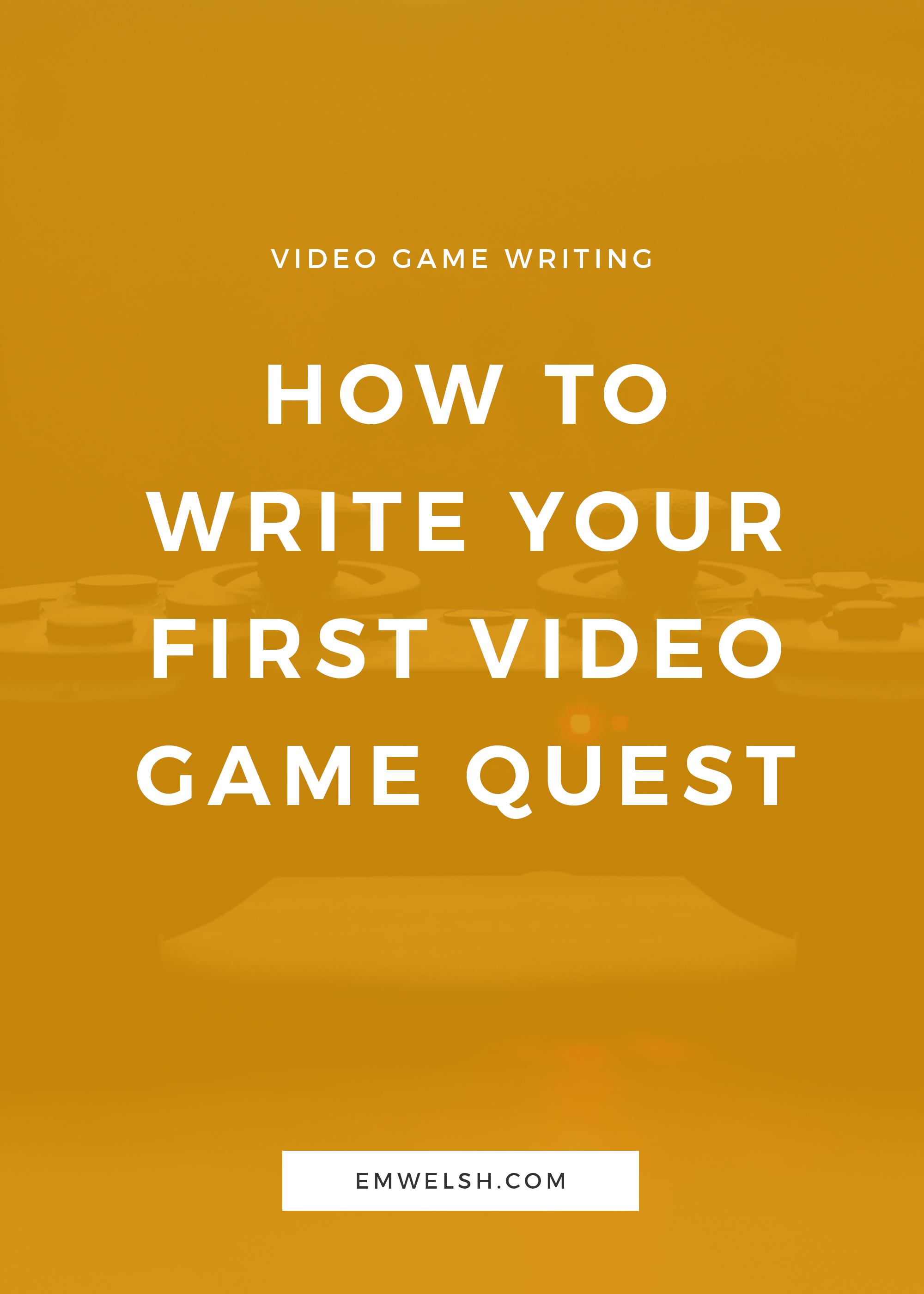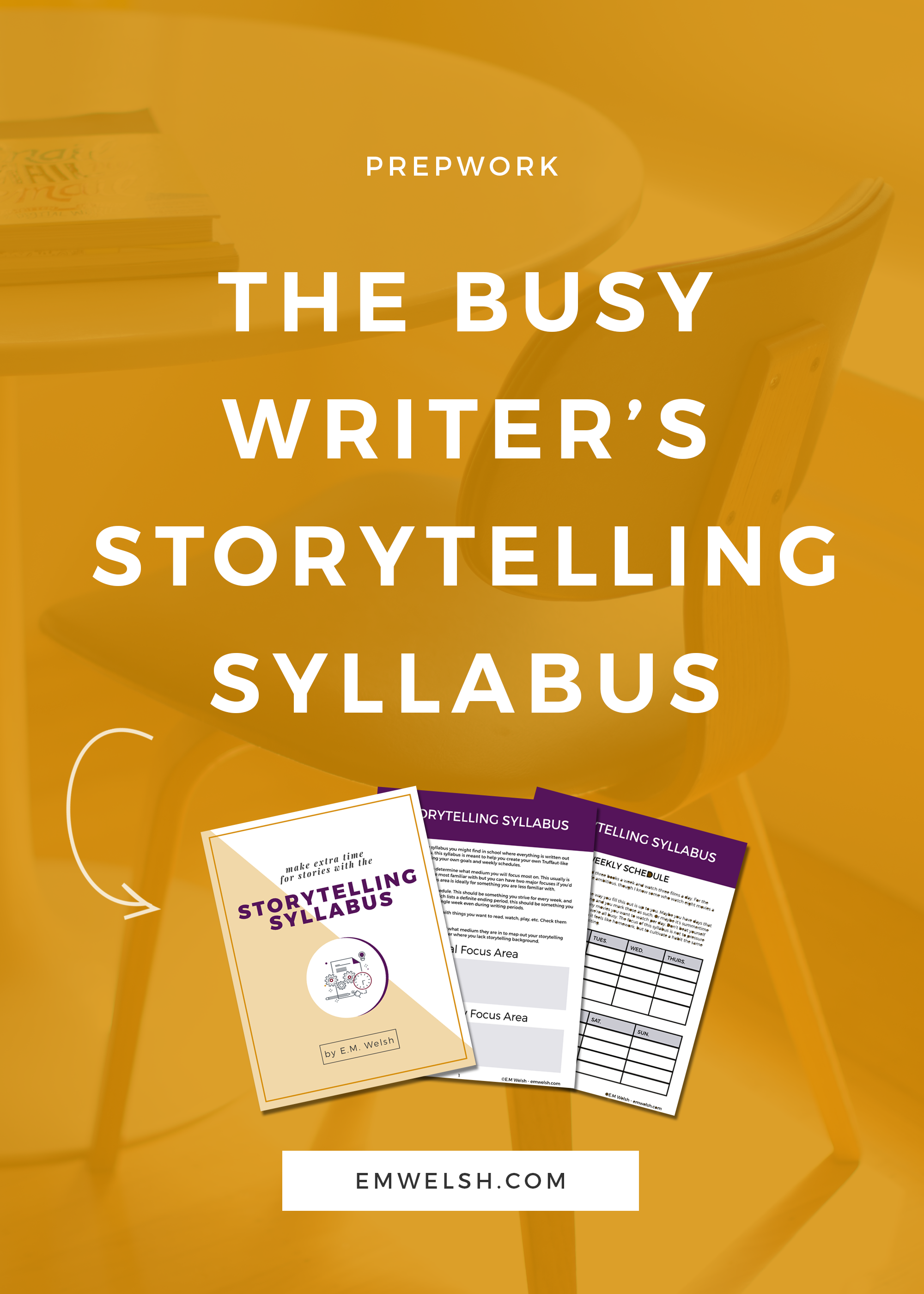How to Create a Storytelling Genius
/When I was younger, I, like many others, was at one point convinced I needed to suffer to be an artist. I wanted to be great and memorable and someone people talked about, and if I'm being honest it's still something I want. Who wouldn't? We all want to have meaning in this world, and a lot of us storytellers find that via writing, so it'd be nice to make a living and maybe then some off of that.
Read More












